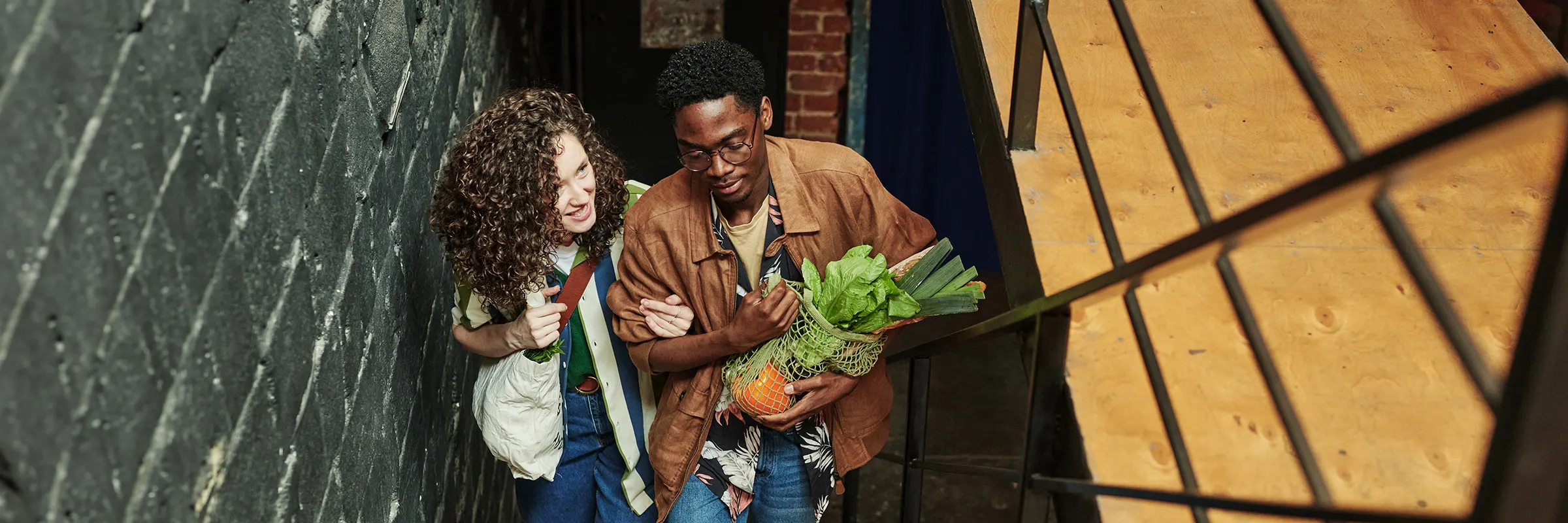If you’re daydreaming about gleaming new kitchen counters, a fun new paint color for your half-bath or a patio you can lounge on for summers to come, you aren’t alone. Finding the next design project that fits your style and budget is one of the many joys of home ownership.
Despite supply chain strains and potential price fluctuations, more than 90% of homeowners still plan to work on some type of home remodeling or renovation project this year. Are you ready to renovate? Consider these tips as you map out your makeovers.
1. Prioritize routine maintenance
Home improvement doesn’t have to be fancy. Instead of major renovations, maintenance tasks are a top priority for homeowners this year. Fixes like pest control, sealing windows or servicing your HVAC might not seem like Pinterest-worthy projects, but they can improve your quality of life (and the price of your home, if you plan on selling down the line).
To prevent more costly repairs later on, it’s better to keep these tasks on the to-do list regularly. For recurring expenses, spending buckets in an Ally Bank Spending Account can help you stay on track and in-the-know about where your money is going.
2. Freshen up your walls with a little paint
Whether you’re adding a splash of brightness to your walls or updating old wooden cabinets with a new coat, painting is a cost-effective update that can go a long way.
If you’re planning to hire painters instead of breaking out the smock and paint roller yourself, your cost will depend on the size of the job. A small room like a bathroom could cost less than $200, while a larger room like a living room may be up to $2,000, on average.
To avoid sticker shock, it’s important to build a detailed budget in advance that takes into account things like material prices, contractor fees, the cost of tools and how long your project will take.
3. Take it into your own hands with DIY
Many homeowners are still struggling to find the right labor for their home project needs. If you’re someone who likes getting their hands dirty (and maybe your sleeves, too), a DIY project could be just the right challenge to take on this year. You could try building a garden bed to elevate your outdoor space or laying peel-and-stick tile to create a new backsplash. But consider leaving major repairs or safety issues like electric work or demolitions up to the professionals.
4. Leverage tech for time-intensive projects
Could a robot help build your new kitchen? Maybe not yet, but artificial intelligence is quickly transforming home design. AI can assist architects and designers with engineering, home inspections, planning and more. These technologies are helping to expedite some of the more time-intensive tasks such as design, site surveys and progress monitoring that can hold up projects and cause delays, potentially shortening your timeline and receipt.
You might also consider embedding smart technology into your everyday spaces. Think smart lighting and speaker systems, doorbell cameras and security sensors or a connected thermostat.
5. Plan your budget carefully
More than half of all homeowners experienced surprise expenses during their home improvement projects. To avoid sticker shock, it’s important to build a detailed budget in advance that takes into account things like material prices, contractor fees, the cost of tools and how long your project will take.
Have a dream upgrade, but not quite ready to build it into the budget? Or are you still saving up for your first home’s down payment and planning future renovations? With smart savings tools in an Ally Bank Savings Account, you can reach your goals sooner.
Build your dreamhouse
Whether you’re planning small projects or dreaming of major design updates, finding the next design project that fits your style and budget is one of the many joys of home ownership.


